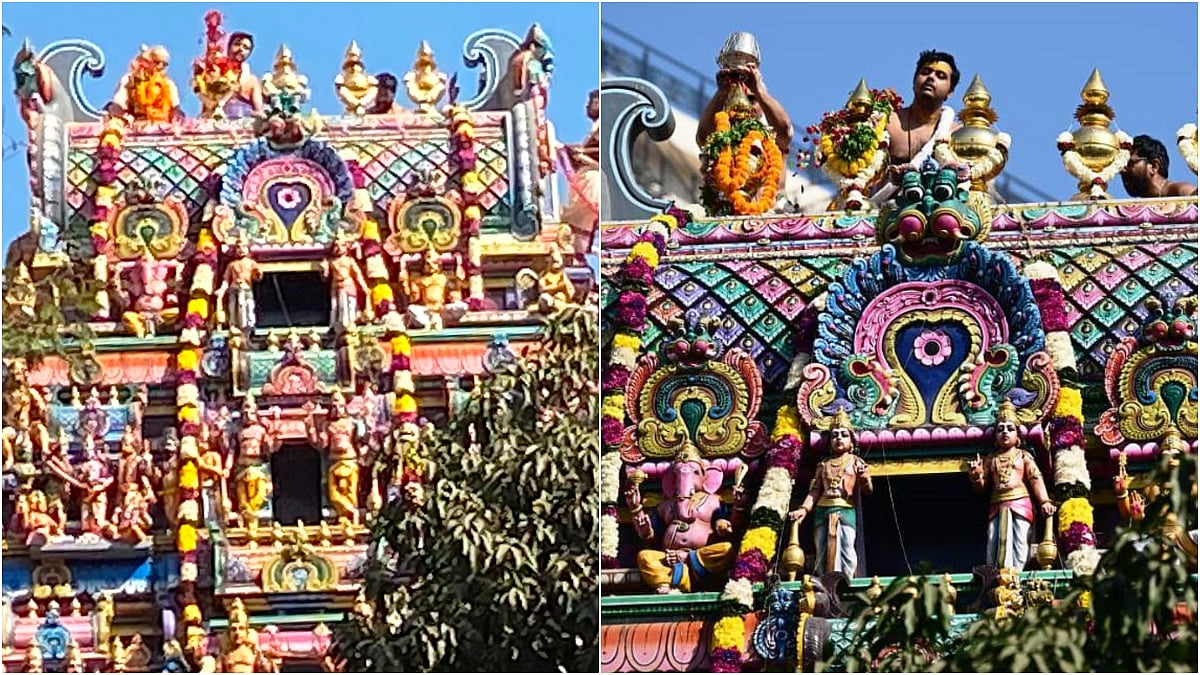One of the oldest co-operative housing colonies in Mumbai, Talmakiwadi in Tardeo, is planning to go for reconstruction under the self-redevelopment scheme. After approval of the housing society’s General Body, the residents are meeting next month to discuss fund raising options.
When housing societies decide to reconstruct their buildings without involving a builder, it is known as self-redevelopment. Home owners in this case do not have to share benefits, including increased Floor Space Index (FSI) or construction space, with builders. The government has announced incentives to promote self-redevelopment.
Talmakiwadi, built on a 7961 square metres land plot, consists of 11 buildings constructed in the chawl style, with common toilets, and two buildings with flats, apart from shops and tenanted houses. The residential colony was built in 1938 for members of the Chitrapur Saraswat community on the directions of their spiritual leader Anandashram Swamiji who gave an advance of Rs 50,000 for the project. It is named after S S Talmaki who pioneered the concept of co- operative housing in Asia. The Talmakiwadi Cooperative Housing Society Ltd. was registered in April 1941. Even today, of the 240-odd families staying there only eight are non-Chitrapur Saraswats.
Though the redevelopment project has been on the cards since October 2022, funding has been a stumbling block. The housing society needs to raise substantial money to obtain IOD and Commencement Certificate, which are compulsory for the mandatory RERA (Real Estate Regulatory Authority) registration and acceptance of bookings for new flats that can finance the project.
One funding option that Talmakiwadi residents are looking at are ‘Loan Stock Bonds’ which was how the buildings were financed in 1938. Members paid one-third of the market cost of the homes and purchased bonds for the remaining amount. The bonds, used as collateral to secure loans, were issued by the housing society and were repaid by the members over the years. “Everyone paid. The concept was introduced by Talmaki. This time, too, this is something we would like to implement. The loan stock bond, or deep discount bonds will be a model concept,” said Mahesh Kalyanpur, chairman of the managing committee.

The housing colony is like a small township, with two halls and two temples to Lord Dattatreya and Lord Ganpati. There is also a garden, a health centre, and a school. Many of these features will be retained in the high-rise colony that will come up. Members will get priority in the purchase of extra space generated by the project.
Though there are mixed users – flats, chawls, shops, tenants, and a plot inside the layout owned by a cultural organisation, all the members have agreed for self-redevelopment.
Maharashtra Housing Societies Struggle With Hurdles Despite GR Incentives For Self-Redevelopment
In 2019, Maharashtra issued a GR (Government Resolution), announcing incentives for Self- Redevelopment, but housing societies say they face hurdles.
Housing societies need to raise substantial money to obtain Intimation of Disapproval (IOD) and Commencement Certificate (CC), which are compulsory for RERA registration and bookings for new flats that can finance the project.
Though loans can be raised from banks against mortgage of the society’s land, interest rates are higher because the loans are in the Commercial Real Estate (CRE) category.
Co-operative Societies Rules allows housing society to borrow up to ten times paid up share capital, accumulated reserve fund and building fund minus accumulated losses. Societies say this is inadequate to fund the costs of obtaining CC.
While the GR mentions that a nodal agency has been appointed for housing societies that seek financial assistance, there is no clarity on the nodal agencies for societies which decide to raise funds from members.
GR says additional FSI will be given for self-redevelopment, but it is unclear whether the additional will be given on basic FSI or rehab FSI.
GR has mentioned concession should be given in to be paid by the registered housing societies going for self-redevelopment. The concession has not been implemented.
High cost of premiums before obtaining the CC makes self-redevelopment projects unfeasible.
Lack of clarity on Goods and Service Taxes other concessions.







